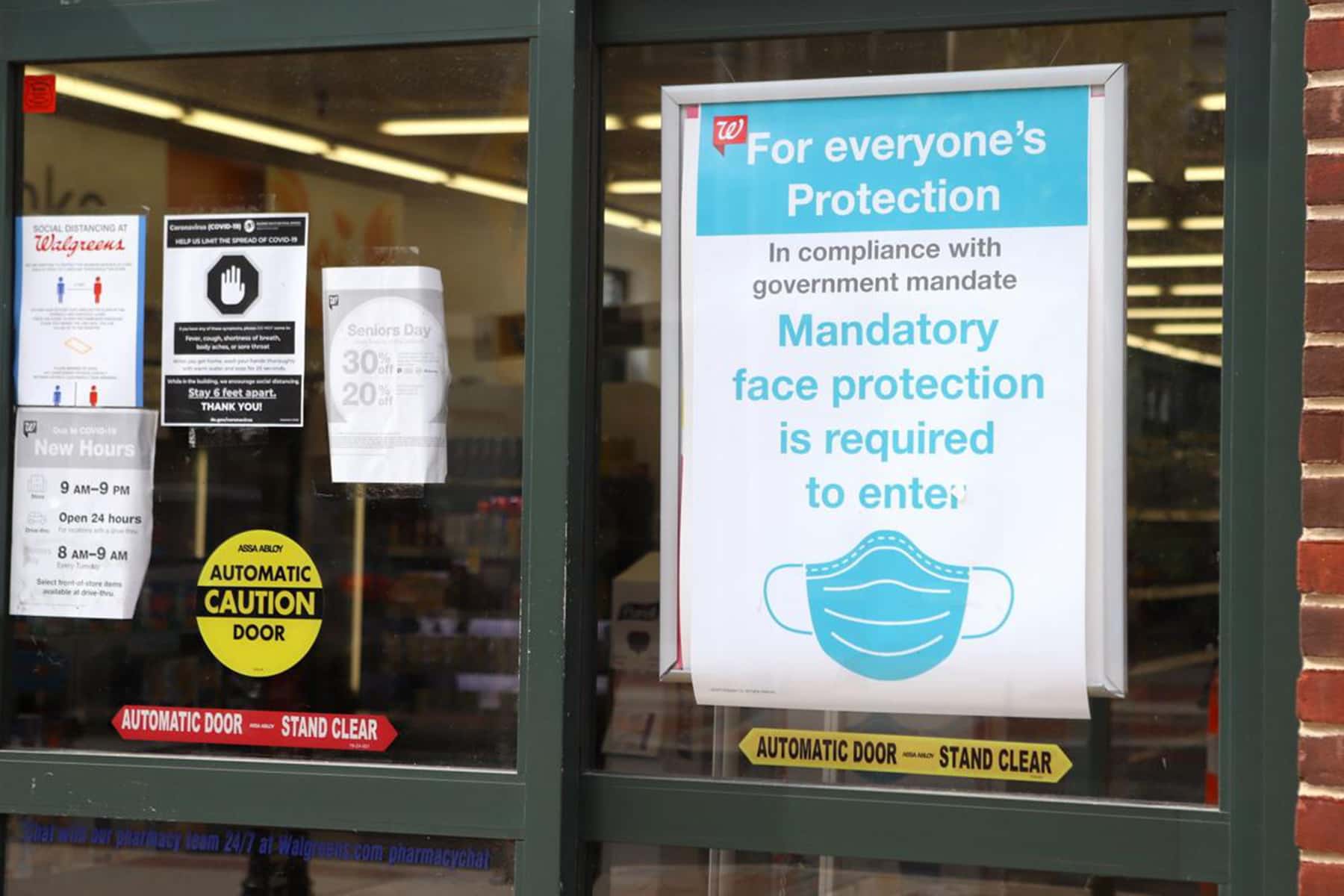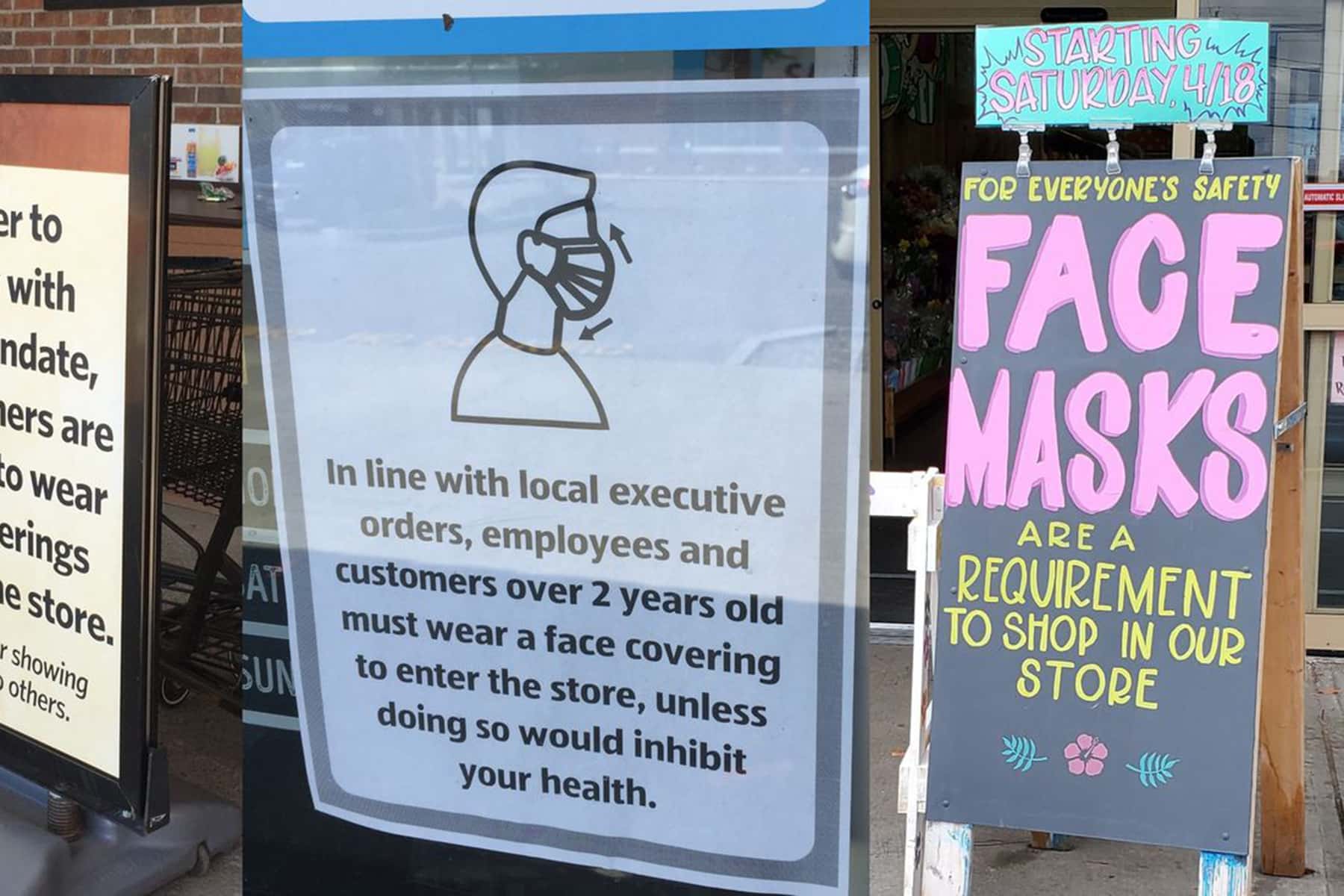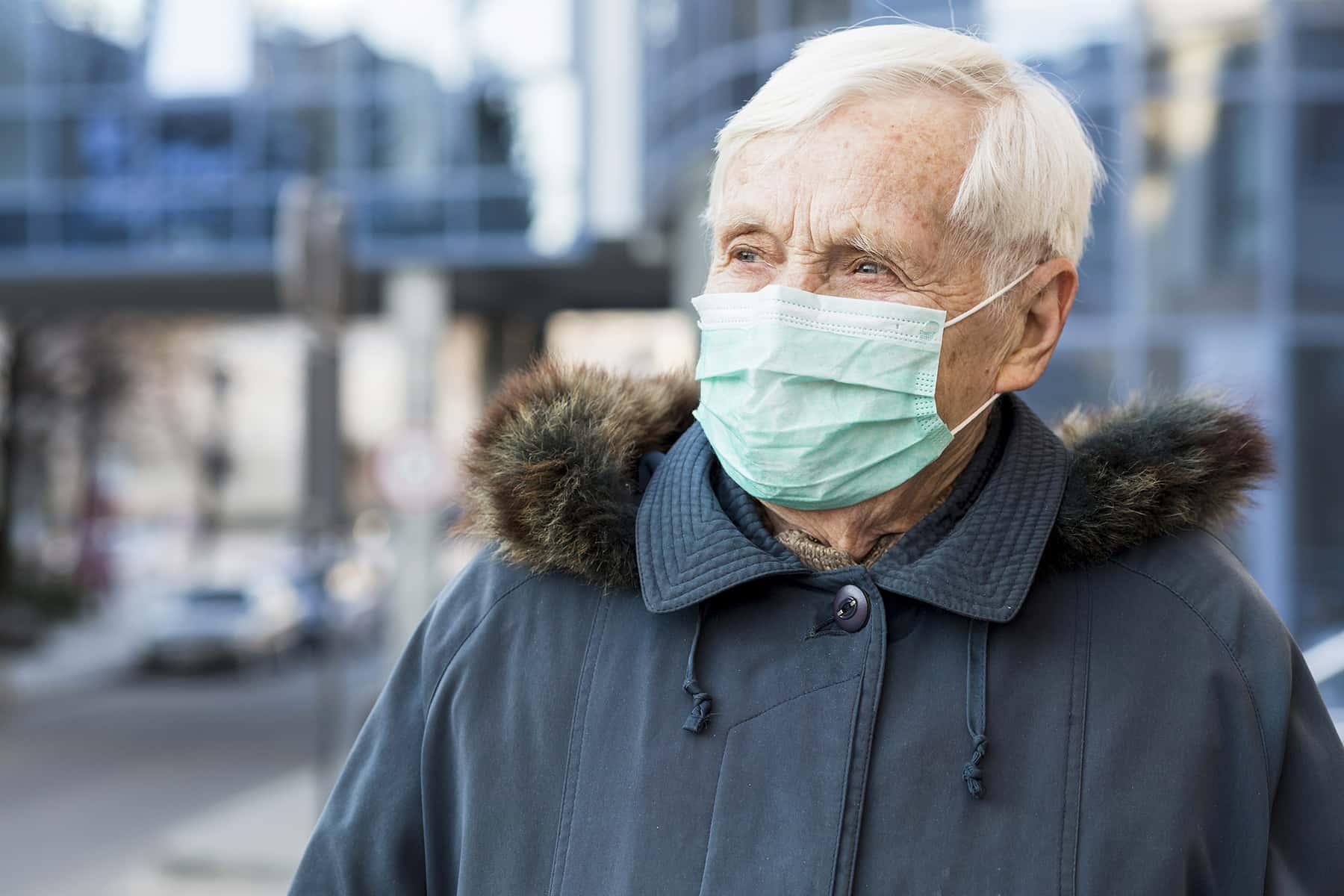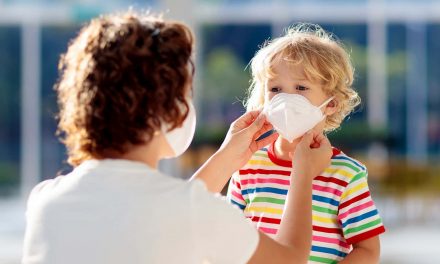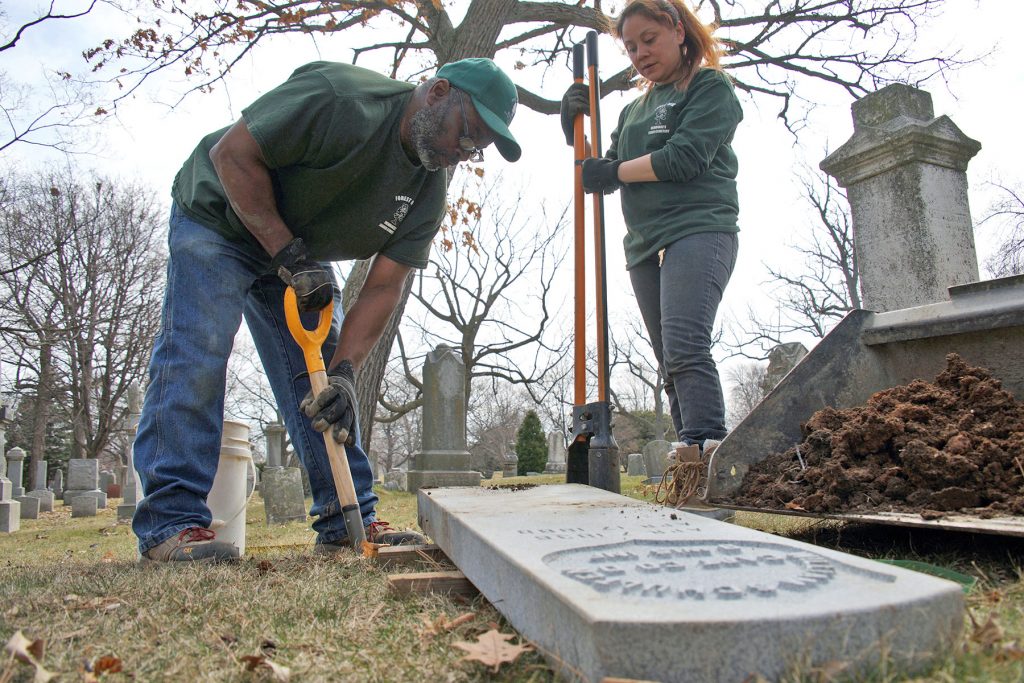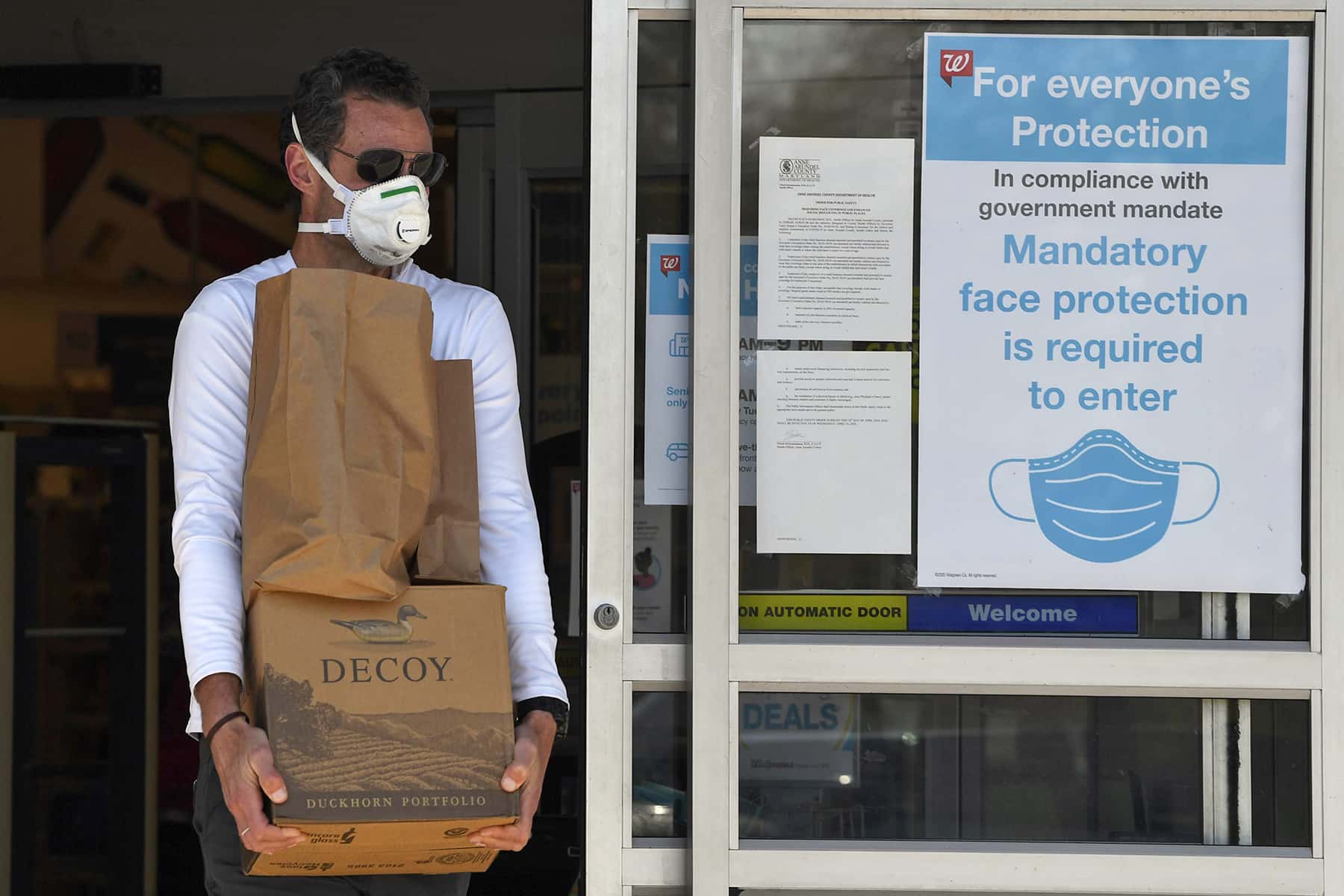
While statewide social distancing restrictions are no longer in place after the Wisconsin Supreme Court struck down the Evers administration’s “Safer at Home” order last week, public health officials are urging people to act individually to help keep the new coronavirus at bay.
They are reminding people to continue washing their hands and to stay at least 6 feet away from others. And there is also a push for people to cover their face in public places like buses and stores. But there have been mixed messages on whether to wear a mask.
Initially, people were told not to wear them out of concern they would use N95 respirators and surgical masks needed for health care workers. But that is changing — even though the Centers for Disease Control and Prevention (CDC) and the World Health Organization (WHO) do not agree on how effective homemade masks are in the fight against COVID-19.
According to the CDC, cloth masks can help slow the spread of COVID-19. The recommendation amounted to somewhat of an about-face for the agency, whose prior guidance explicitly did not recommend the public use of masks of any type among healthy individuals in response to COVID-19.
WHO warns “the wide use of masks by healthy people in the community setting is not supported by current evidence and carries uncertainties and critical risks.”
Recently 100 prominent experts in medicine and economics wrote an open letter to all United States governors asking that “officials require cloth masks to be worn in all public places.”
Governor Tony Evers has said the state Supreme Court ruling on his administration’s authority during the pandemic prevents that, but he encourages everyone to wear a mask. And some people are wearing masks as they shop for groceries, work out and even sing.
A group of neighbors on Madison’s near west side were inspired by Italians who sang from their balconies while coronavirus raged across their country. Displaying a similar kinship thousands of miles away, the singers in the Dudgeon-Monroe neighborhood give each other a wide berth in the street for their nightly singalongs. And for extra measure, everyone wears a face mask.
That includes 72-year-old Wilton Sanders, who said he’s “terrified” of the virus and wipes down surfaces inside his home daily. When he goes out with his wife, Sue, their faces are covered.
“Distancing is really what we do,” Wilton said. “The mask is more a statement that, you know, ‘I’m looking out for you, so I’d appreciate it if you’d look out for me.’ But you know, it’s only a third of the people who have masks on.”
While urging people to wear face masks, health officials acknowledge it is just one of several ways to try to prevent spreading the virus which has killed 481 people in Wisconsin as of Wednesday.
“Masks are not a substitute for social distancing,” said Ben Weston, medical director for the Milwaukee County Office of Emergency Management, during a recent online press briefing.
In fact, while cloth masks were used by the public during the 1918 influenza pandemic, they were not effective, according to an article in the journal Health Affairs, because other social distancing behaviors were not observed.
Meanwhile, not everyone can wear a mask and not everyone wants to. For those who have difficulty breathing, a mask makes it harder. They are not particularly comfortable. Not to mention, they change a person’s appearance.
“A lot of times we want our makeup on and our lipstick on and sometimes a face mask may not be stylish,” said Wanda Montgomery, Village of Brown Deer president, who joined Weston during the press briefing, along with Milwaukee County Executive David Crowley and city mayor Tom Barrett.
But aesthetic concerns aside, they all urged people to don a mask. In some situations, people have no choice. Menards and Costco now require employees and customers to wear them. Smaller businesses are doing the same.
Rachel Murray owns and operates Nail Designs by Rachel in Edgerton. Like other businesses in Rock County, it’s opening Thursday after a local stay-at-home order ends at 8 a.m. that day. In an interview before the county announced a phased approach to reopening, she said she’ll be wearing a mask and so will her customers, although some reluctantly.
“I did have one client who was like, ‘Do I really have to wear a face mask?’ and I was like, ‘Yes, you really need to,'” Murray said. “I’m like, ‘I wear one to protect you, you wear one to protect me.'”
She laments the fact that customers can’t see her smile beneath her mask and conversation could be different with clients she considers friends. But there is acknowledgment that the state’s chummy, Midwestern sensibilities are not immune to the pandemic.
“I know Wisconsinites. We love to hug. We love to kiss, we love to be friendly,” said Governor Evers when he declared a state of emergency in March. “That’s why they call us what they call us, about ‘Wisconsin nice.’ Wisconsin nice is going to have to have a different look to it in the future.”
Whatever hit Wisconsin’s friendly reputation might take, those like Murray have decided it is worth it. Because lives — and her livelihood — are potentially on the line.
Shamane Mills
Susаn Wаlsh and Jоsh Shаnnоn
Originally published on Wisconsin Public Radio as Coronavirus Pandemic Spurs Push For Wisconsin To ‘Mask Up’

